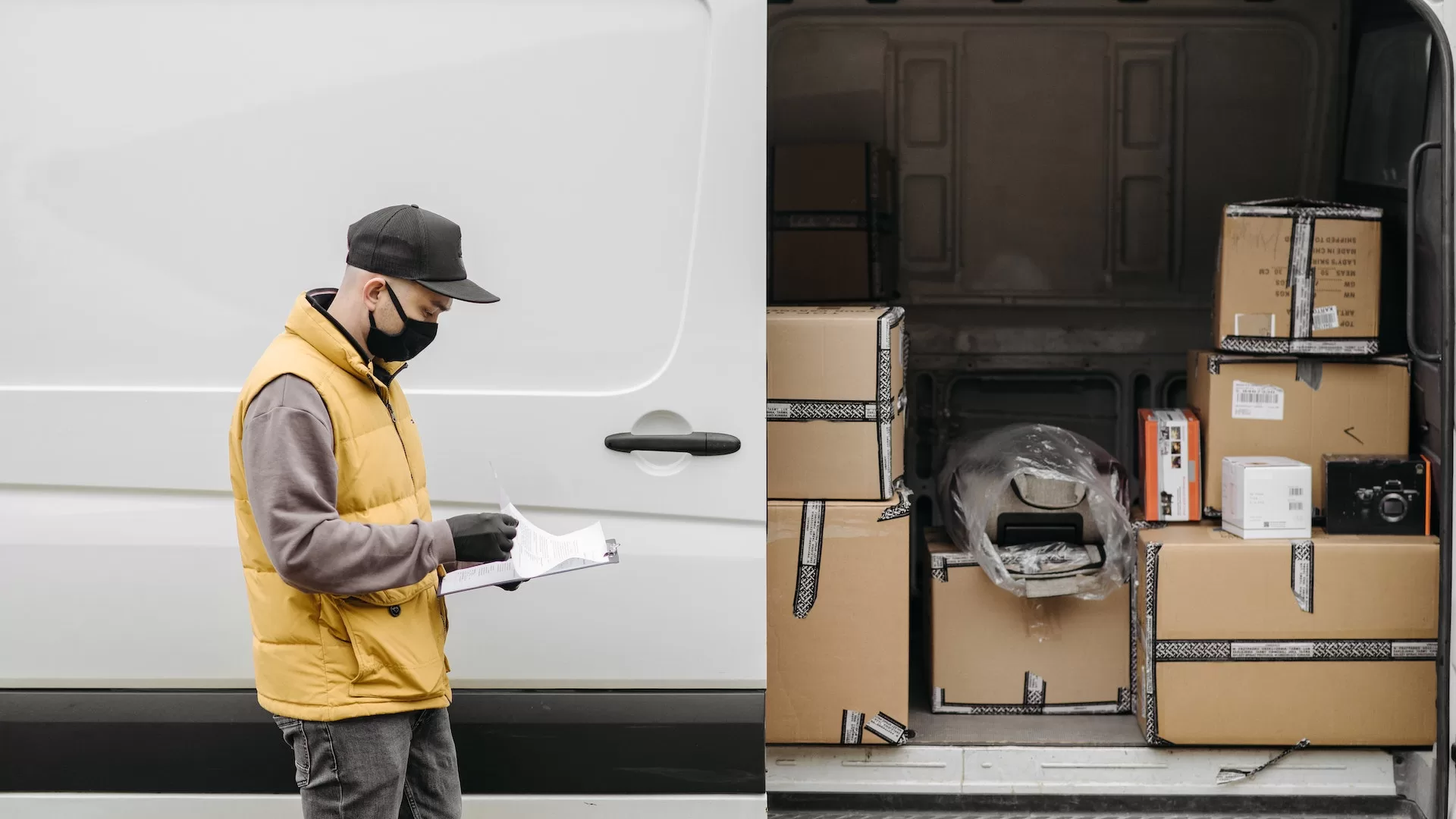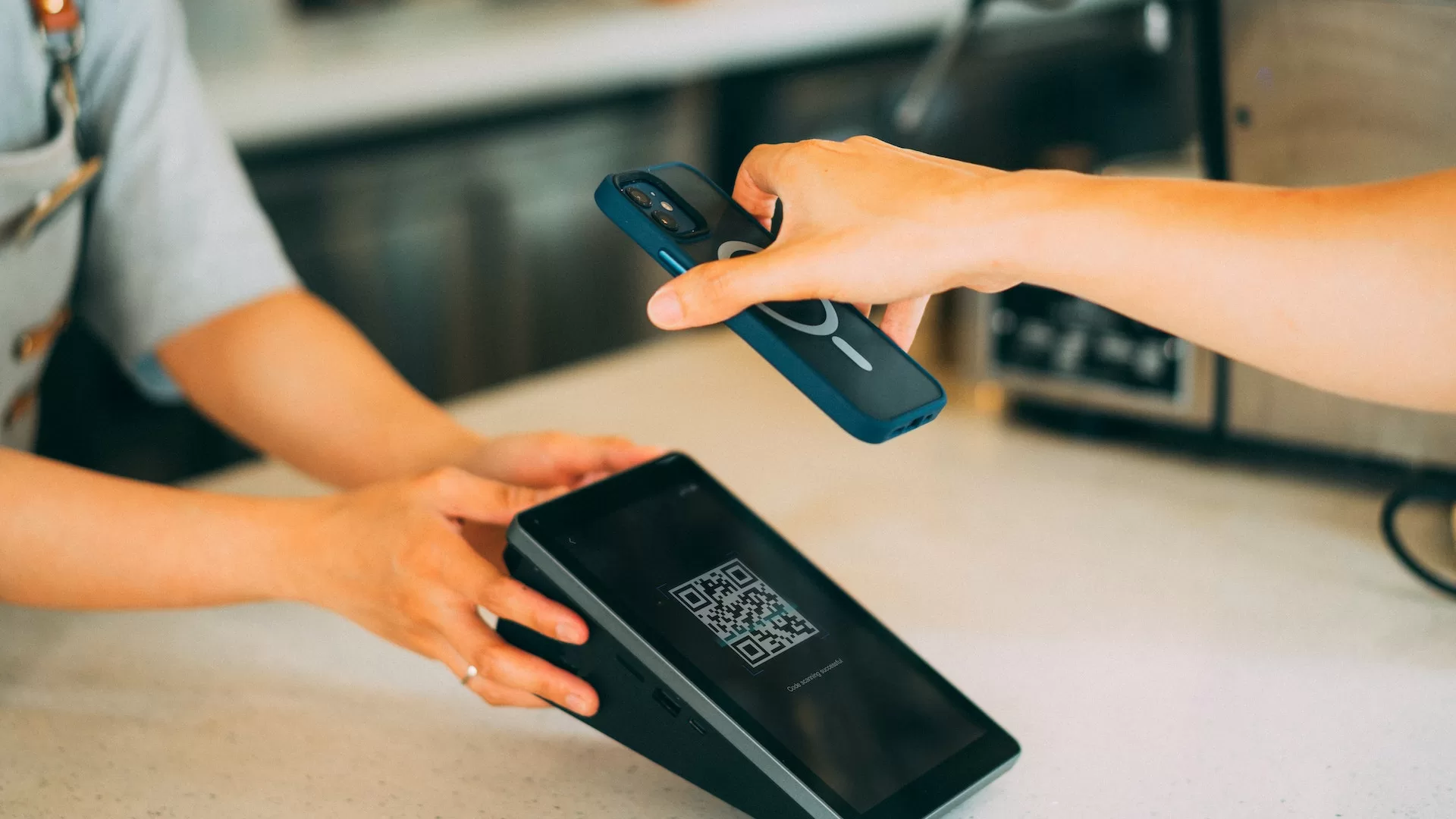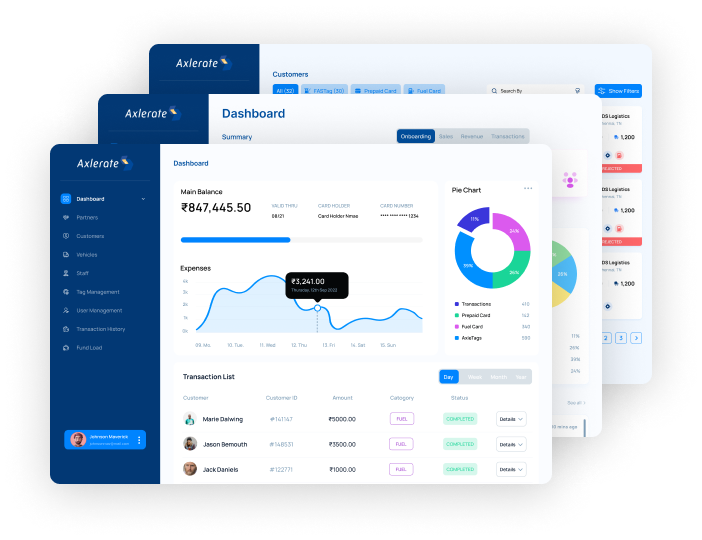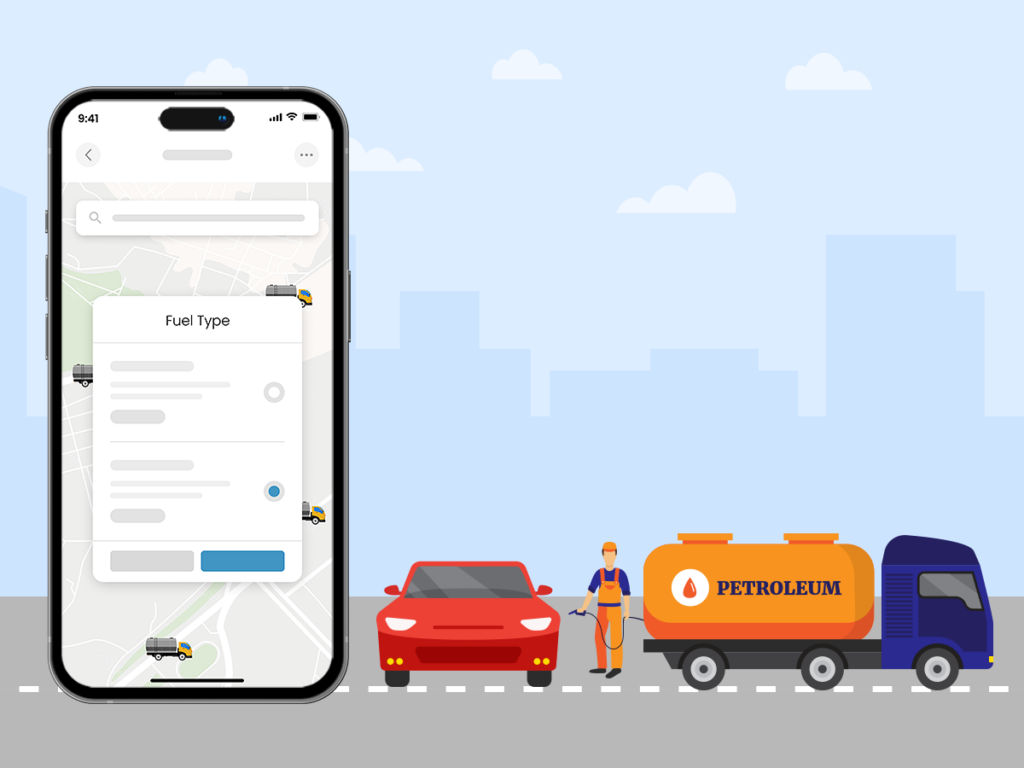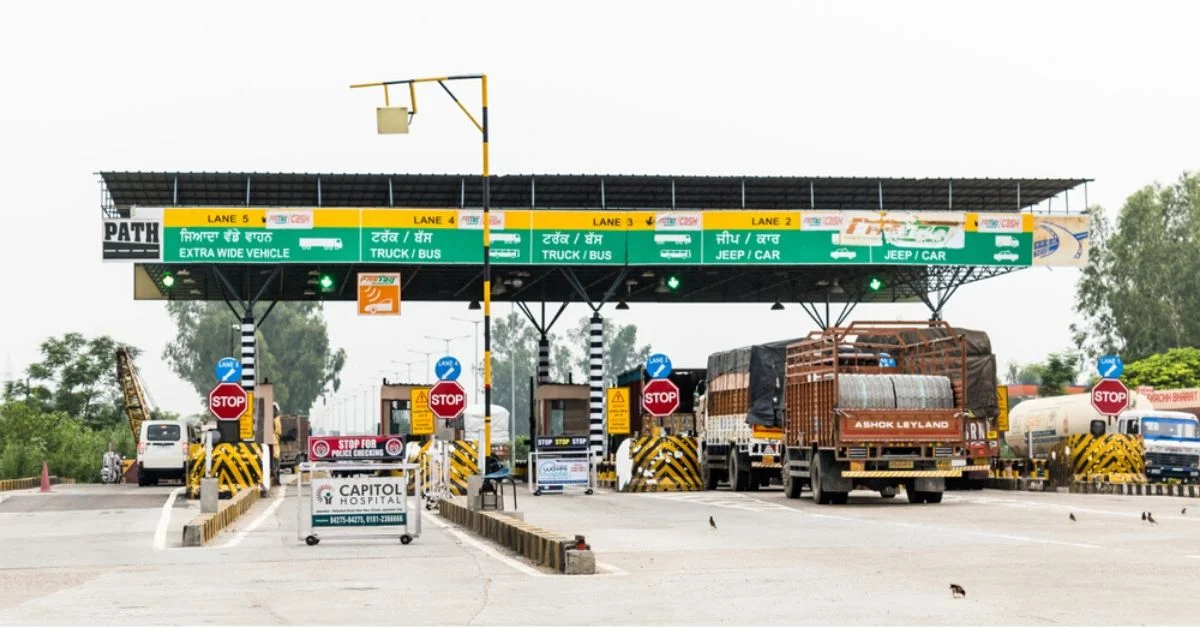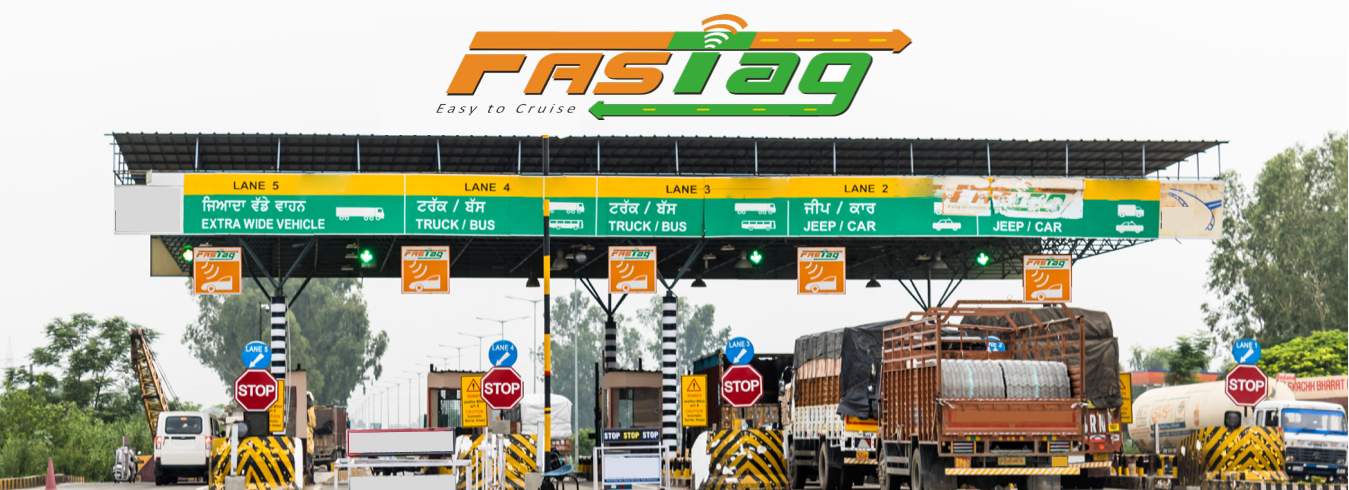The logistics industry is an ever-growing one that constantly evolves and updates itself as time passes. Despite these developments, the industry faces several challenges that hinder major efforts to increase profits and efficiency.
The industry suffers from challenges like delays in delivery, damaged goods, high operational costs, minimal real-time visibility, and more. That’s where GPS tracking comes into the conversation. This technology is a prime solution equipped to overcome these challenges and forever change the logistics industry for the better.
The biggest roadblocks to logistics optimization
As stated, the industry faces many challenges or roadblocks that keep it from reaching new heights. Some of these problems include
- Delays in delivery thanks to unforeseen accidents, inclement weather, traffic jams, and more
- Damaged goods and cargo as the result of poor handling during transit
- High operating costs like labor expenses, vehicle maintenance, and fuel prices
- The inability or lack of transparency to track goods and assets in real-time, leading to a lack of control and visibility
- Improper inventory management often leads to overstocking stockouts
How GPS tracking is the solution to many problems
Real-time location tracking
GPS tracking provides real-time location tracking at all times. This feature is ideal for companies that move assets of any size. Now, logistics companies can monitor their assets and inform their customers about the ETA and the asset’s status.
Greater supply chain efficiency
Logistics companies can use real-time visibility in their supply chains to streamline operations. Beyond that, they can optimize routes and reduce the potential of delays in delivery or stockouts from ever happening.
Better customer experience
Providing accurate and timely updates on shipment status helps companies improve their customer experience. This benefit helps logistics operation businesses build and maintain customer loyalty over time.
Increased safety during transit
GPS trackers also improve the vehicle security and security of the shipment. Real-time tracking here helps companies quickly respond to sudden accidents, natural disasters, or thefts.
Best places to apply GPS tracking in logistics
To manage the fleet
GPS tracking here increases fleet visibility and helps companies track vehicles in real-time. They can also use the data to reduce fuel expenditure and reduce overall operating costs.
For the inventory
Real-time visibility here means that companies can ensure their products are always available for purchase. It also reduces instances of overstocking or stockouts from happening. Additionally, it helps warehouse managers do their work with greater efficiency.
To track the assets
GPS trackers help companies keep track of their assets. Assets here include things like cargo containers, equipment, trailers, etc. Here, companies ensure their product’s safety and ensure the product reaches the device at the appointed time.
For route optimization
GPS tracking helps logistics companies improve route efficiency. The tool helps them reduce delivery time and avoid delays from taking place or getting stuck in congested areas.
Case studies of GPS tracking
Amazon
Amazon uses GPS tracking to increase route efficiency and provide their customers with a precise delivery time. The technology reduces changes of delivery delays from taking place. It also helps the company and the customer track lost packages, and provides real-time updates to the customer.
Maersk
Global shipping company Maersk uses GPS tracking for vehicle route optimization and reducing fuel consumption. This approach ultimately leads to route efficiency which benefits the company and the client greatly.
Coca-Cola
Coca-Cola utilizes GPS tracking to manage its assets. Assets for this company include vending machines, equipment, trucks, and more. The technology helps the company monitor performance and ensure timely maintenance of their machines.
Conclusion
GPS tracking is a game-changing technology for the logistics industry. It provides real-time visibility, improves efficiency, reduces delivery delays, and enhances the customer experience. The implementation of this technology requires planning on the company’s part, scheduled maintenance of the vehicles, and proper communication with the stakeholders involved.
As we see technology evolve every day, the industry will only benefit from its usage. That approach leads to an improvement in overall performance and profitability in logistics operations.
